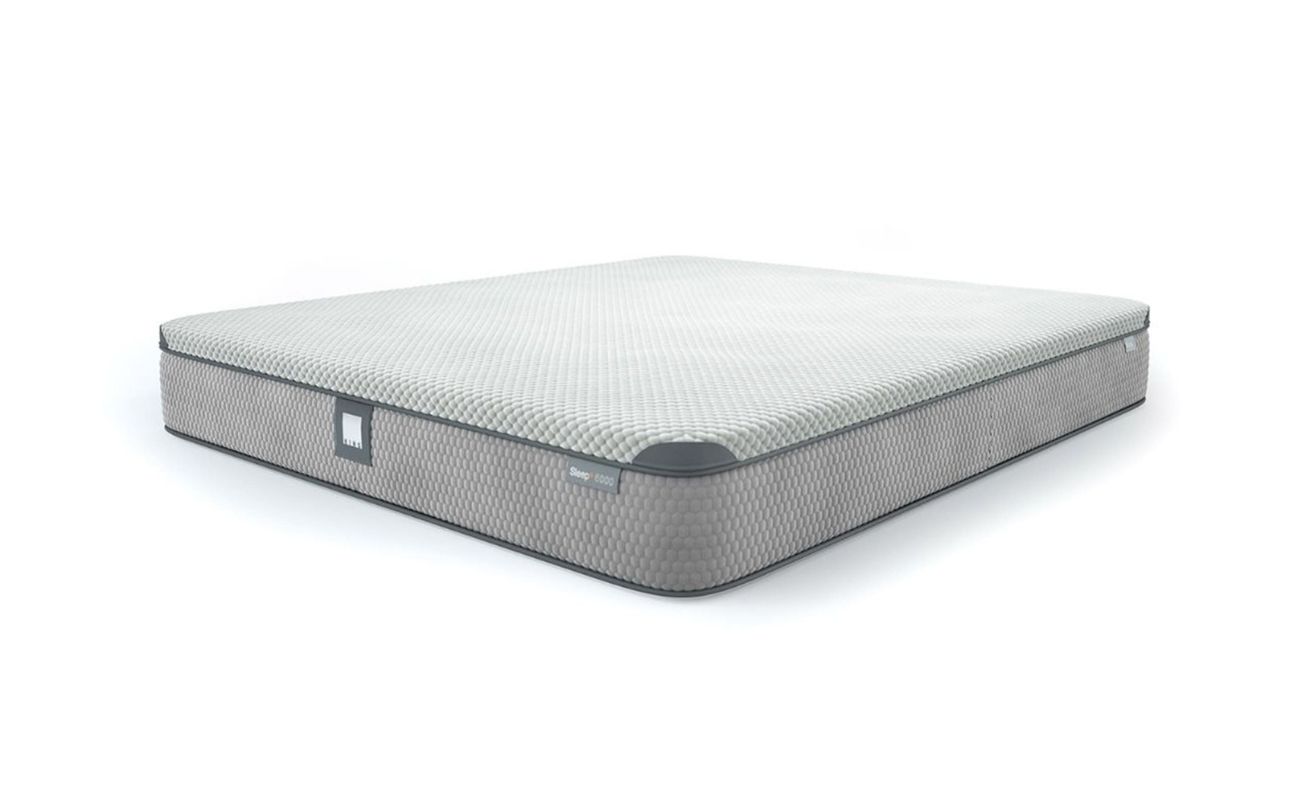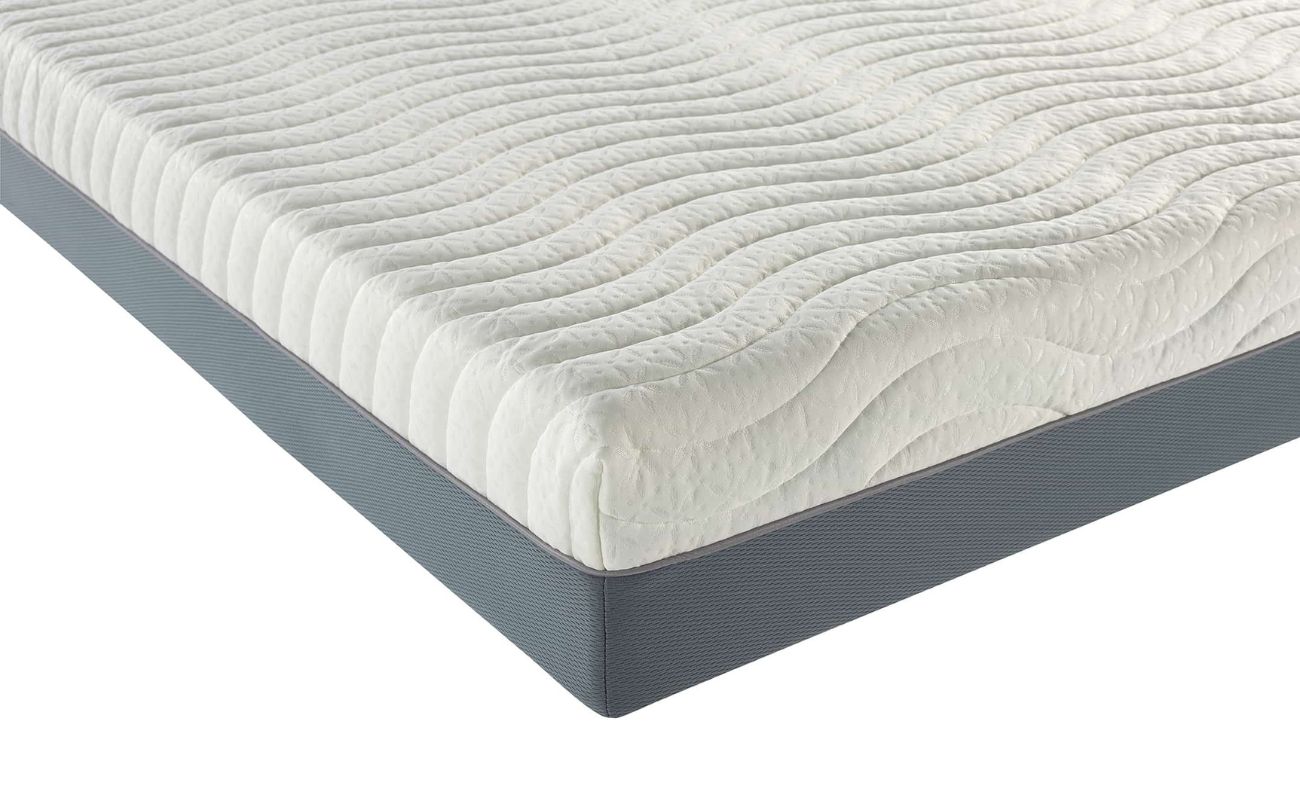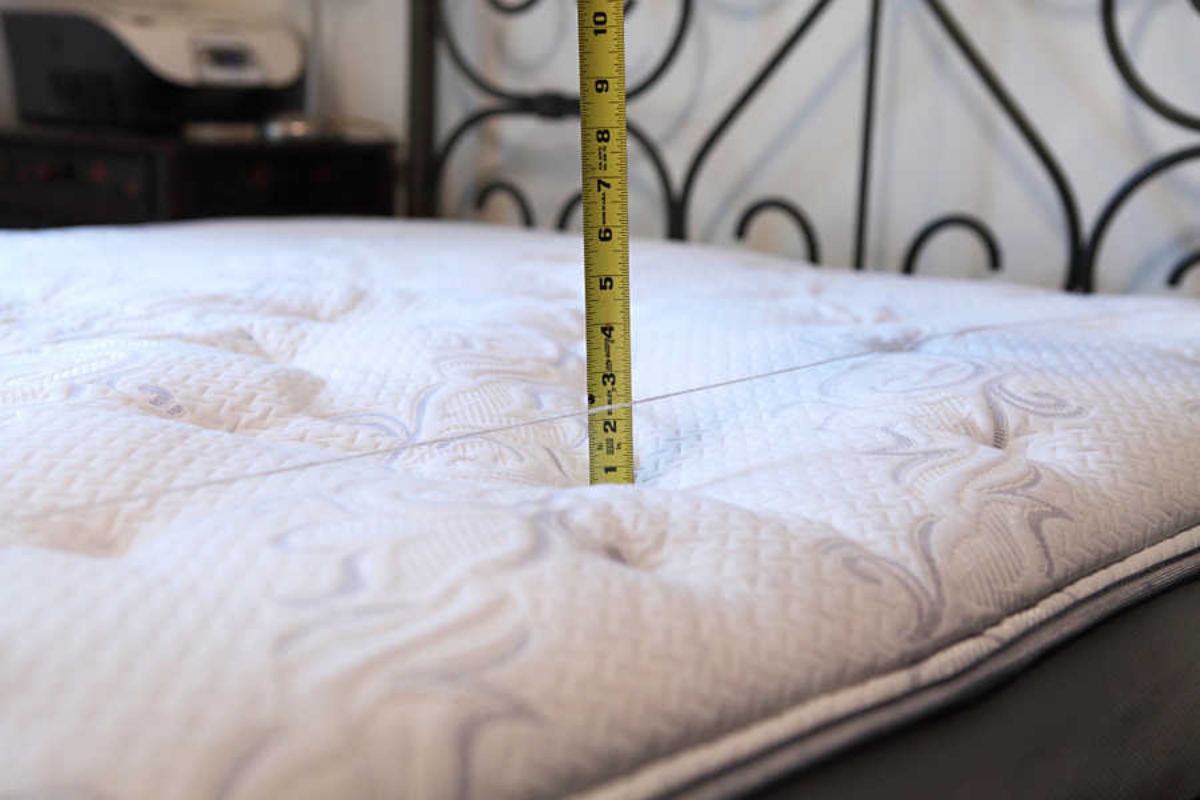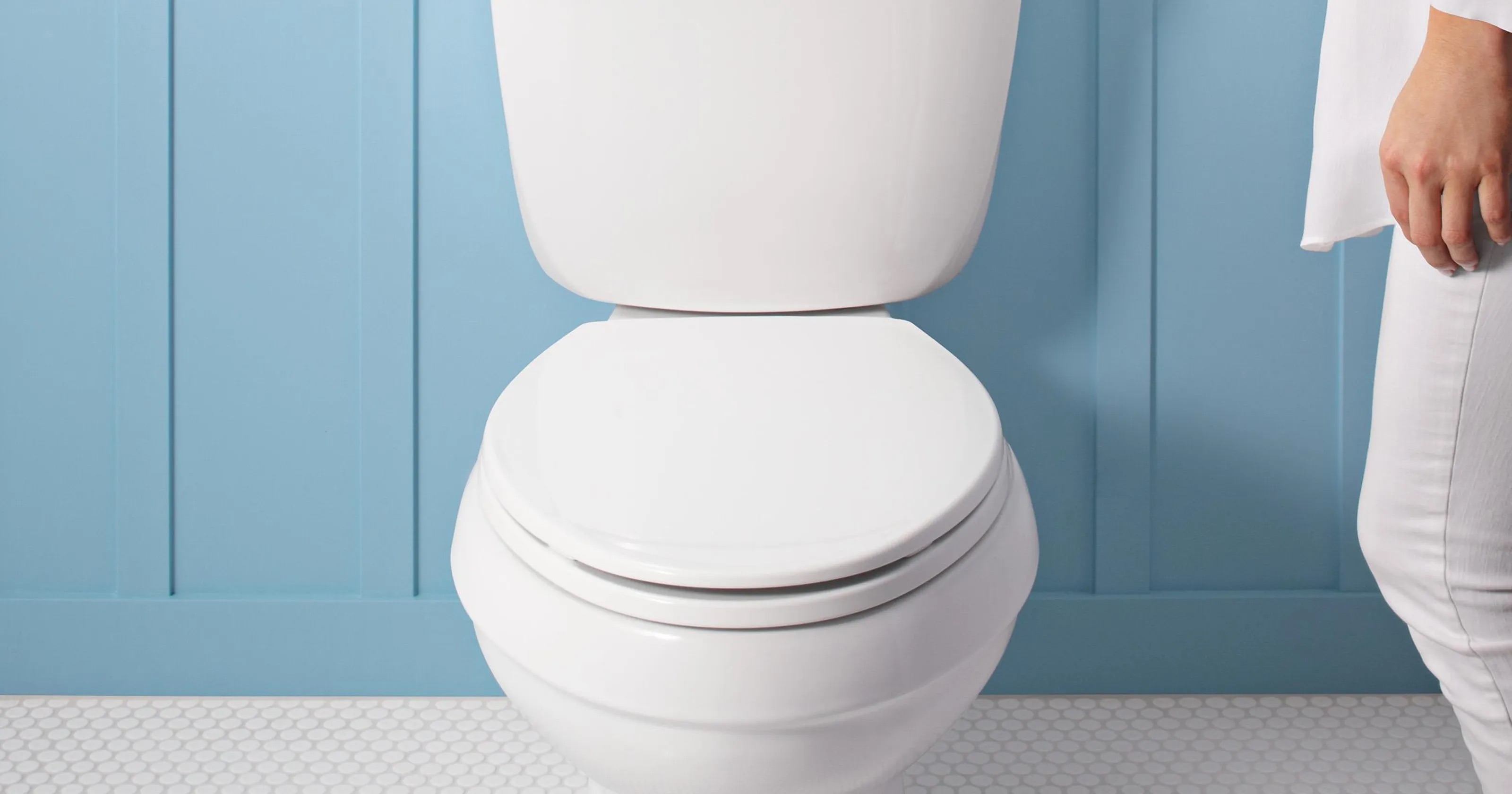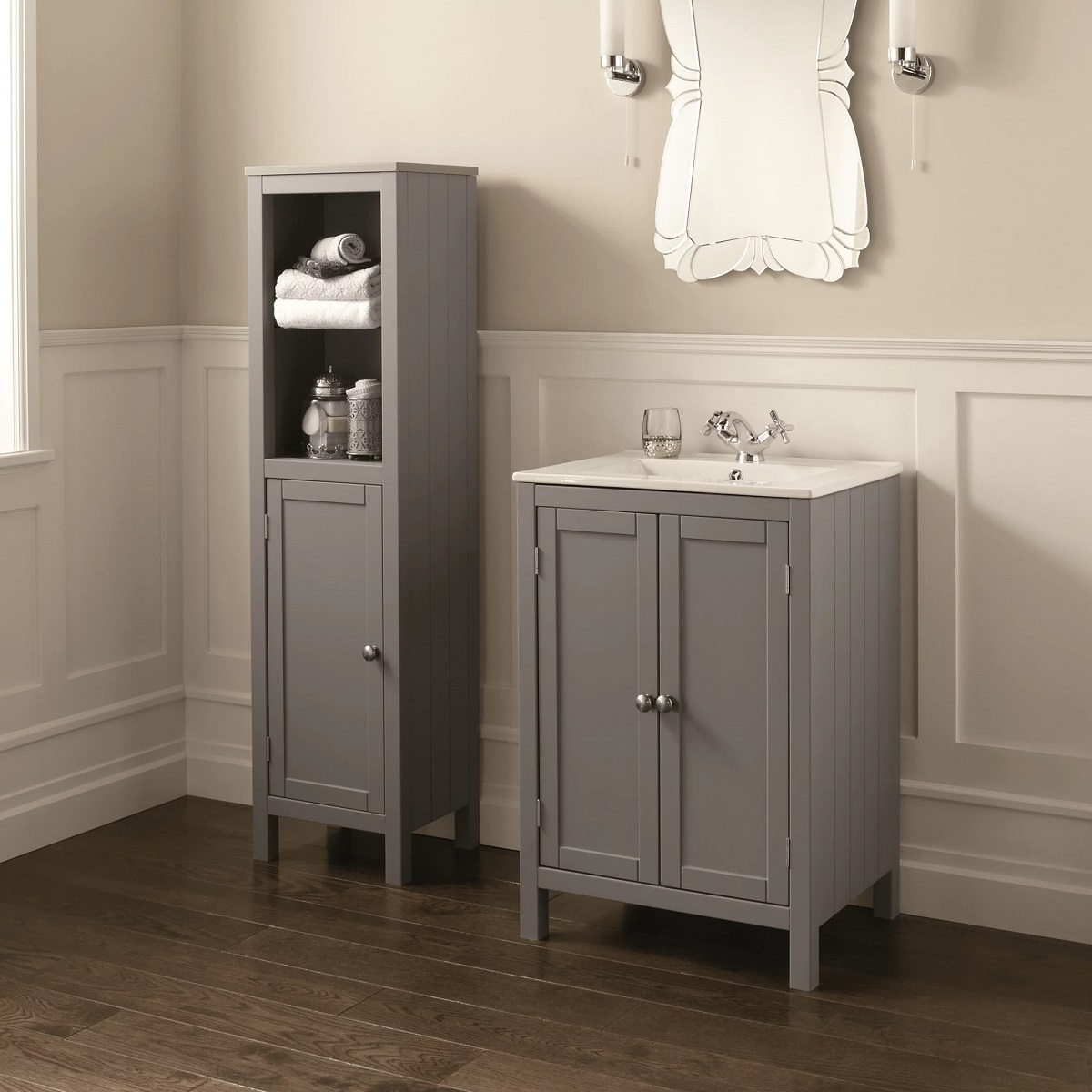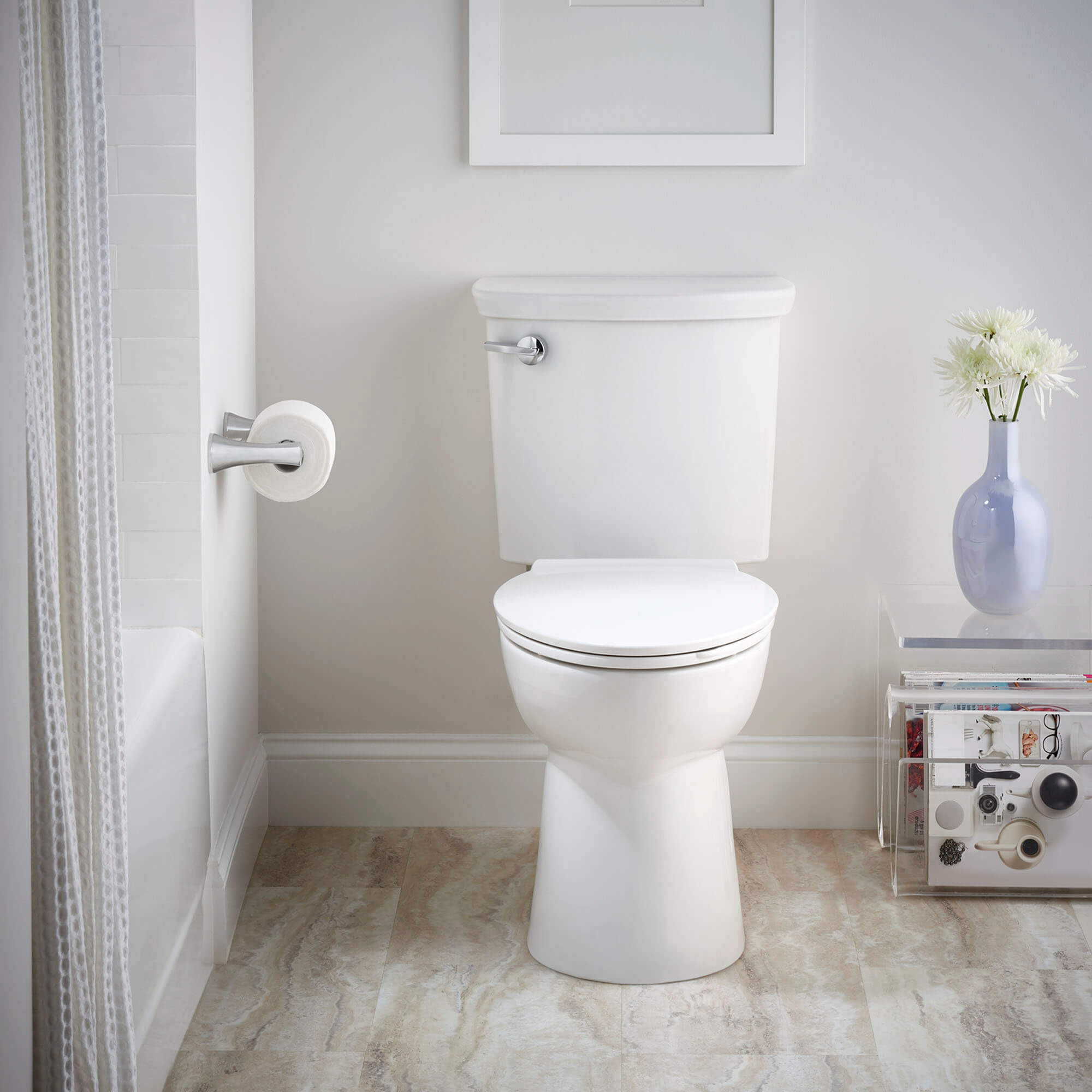Home>Furniture>Bedroom Furniture>What Is The Average Height Of A Mattress
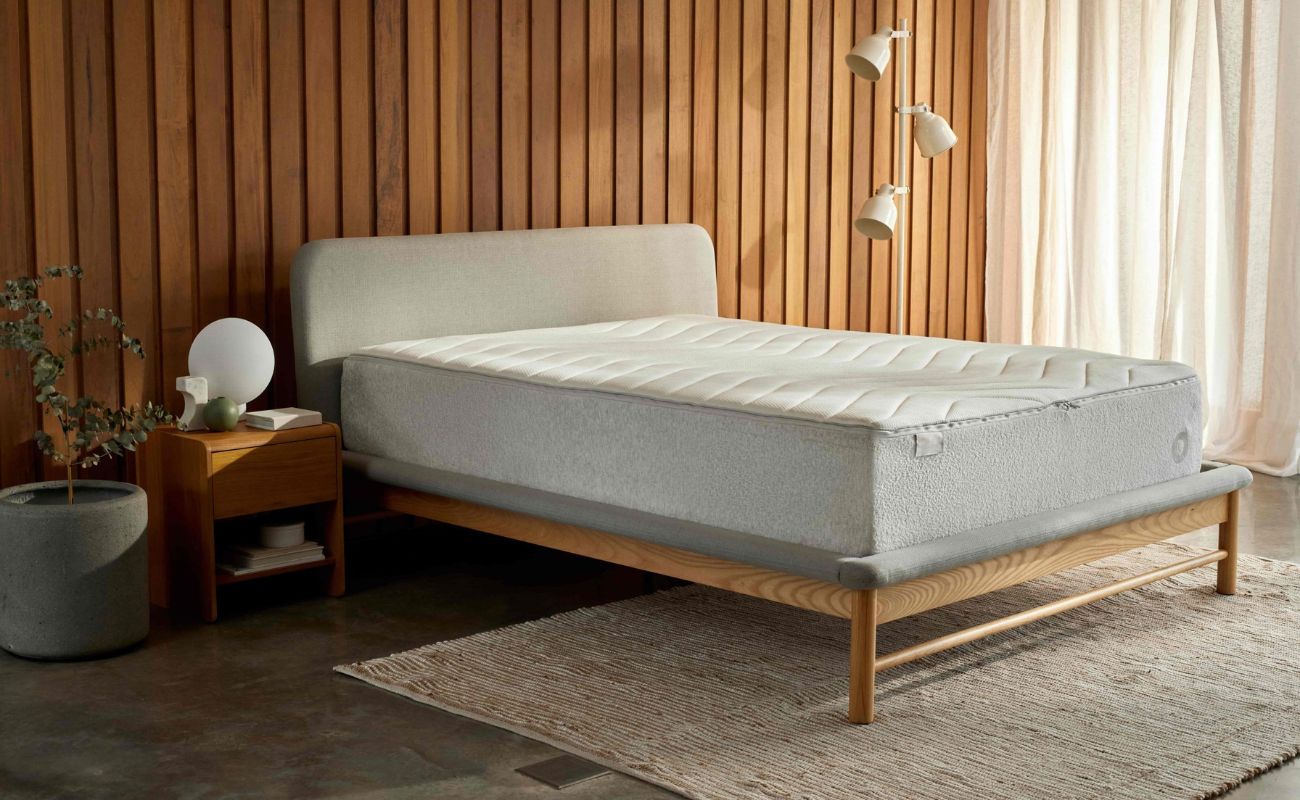

Bedroom Furniture
What Is The Average Height Of A Mattress
Modified: January 19, 2024
Discover the average height of a mattress and find the perfect bedroom furniture for your needs. Shop now for a comfortable and restful night's sleep.
(Many of the links in this article redirect to a specific reviewed product. Your purchase of these products through affiliate links helps to generate commission for Storables.com, at no extra cost. Learn more)
Introduction
Choosing the right mattress is crucial for a good night’s sleep. While factors such as comfort and support are often prioritized, the height of a mattress is another important consideration. The average height of a mattress can vary depending on several factors, including the type of mattress and personal preferences. Understanding mattress height and its impact can help you make an informed decision when shopping for bedroom furniture.
When it comes to mattress height, there is no one-size-fits-all solution. Different individuals have different needs and preferences, and the ideal mattress height can vary depending on factors such as body type, sleeping position, and overall comfort. In this article, we will explore the factors that affect mattress height, the common mattress heights available, and additional considerations to keep in mind.
Key Takeaways:
- The height of a mattress is a crucial factor in determining comfort, support, and accessibility. Understanding the impact of mattress height on sleep quality and aesthetics can help you make an informed decision when choosing bedroom furniture.
- Factors such as construction, materials, comfort, and support, as well as individual preferences, influence the height of a mattress. Considering these factors and their alignment with your specific needs is essential for selecting the perfect mattress height to enhance your sleep experience.
Read more: What Is The Average Coffee Table Height
Understanding Mattress Height
Mattress height refers to the thickness or depth of a mattress, measured from the top to the bottom. It is typically measured in inches and can vary significantly between different types of mattresses. Understanding mattress height is important because it can affect various aspects of your sleep experience, including comfort, accessibility, and aesthetics.
One of the primary factors that contribute to mattress height is the construction and materials used. For example, an innerspring mattress tends to be thicker because it contains multiple layers of coils and padding. On the other hand, memory foam mattresses typically have a lower profile but can still provide excellent support and pressure relief.
The height of a mattress can influence its overall support and firmness level. Thicker mattresses often provide a more substantial feel and may be preferred by individuals who prefer a firmer sleeping surface. Thinner mattresses, on the other hand, tend to offer a plusher feel and may be a better fit for those who prefer a softer sleeping experience.
Another consideration when it comes to mattress height is accessibility. The height of your mattress can affect how easily you can get in and out of bed, especially for individuals with mobility issues or physical limitations. A mattress that is too low to the ground may require more effort to get in and out of, while a mattress that is too high may pose difficulties for individuals with limited mobility.
Lastly, mattress height can also impact the aesthetics of your bedroom. A higher mattress can provide a more substantial and luxurious look, especially when paired with a matching bed frame or headboard. On the other hand, a lower profile mattress can create a sleek and modern aesthetic, particularly in minimalist or contemporary bedroom designs.
Overall, understanding mattress height is essential for selecting a mattress that suits your individual needs and preferences. By considering factors such as construction, support, accessibility, and aesthetics, you can find a mattress with the perfect height to provide a comfortable and visually pleasing sleep environment.
Factors Affecting Mattress Height
Several factors can influence the height of a mattress. Understanding these factors can help you choose a mattress that meets your specific needs and preferences.
- Construction: The construction of a mattress plays a significant role in its overall height. Different materials and layers can contribute to varying thicknesses. For example, a hybrid mattress that combines innerspring coils with layers of foam or latex may have a greater overall height compared to a pure foam mattress.
- Materials: The type of materials used in a mattress can also impact its height. Memory foam mattresses typically have a lower profile, while innerspring mattresses tend to be thicker due to the presence of multiple layers of coils and padding.
- Comfort and Support: The desired level of comfort and support can also affect mattress height. Plusher mattresses with extra cushioning tend to have a greater overall thickness. In contrast, firmer mattresses may have a lower profile.
- Sleeping Position: Your preferred sleeping position can influence the height of the mattress you choose. For example, side sleepers may prefer a slightly thicker mattress to ensure proper spinal alignment and pressure relief, while stomach sleepers may opt for a thinner mattress for a firmer feel.
- Body Type: Your body type can also impact mattress height. Individuals with larger frames may feel more comfortable on a thicker mattress that provides greater support and stability, while those with smaller frames may prefer a lower profile mattress.
- Bed Frame: The type of bed frame or foundation you use can affect the overall height of your bed. Some bed frames are designed to accommodate taller mattresses, while others may require lower profile options.
It’s important to consider these factors and how they align with your specific needs and preferences when selecting a mattress. Keep in mind that there is no one-size-fits-all solution, and what works for one person may not work for another. By understanding the factors that affect mattress height, you can make an informed decision and choose a mattress that provides the comfort and support you need for a good night’s sleep.
When measuring the height of a mattress, be sure to measure from the top surface to the bottom, including any pillow tops or additional layers. This will give you the most accurate average height.
Common Mattress Heights
When shopping for a mattress, you will come across various height options. While these measurements can vary between different brands and models, there are some common mattress heights to be aware of. Here are a few examples:
- Low Profile: Low-profile mattresses typically range from 5 to 8 inches in height. These mattresses are generally thinner and are a good option for individuals who prefer a lower bed height or have difficulty getting in and out of taller beds. They are also suitable for platform beds or bunk beds that have weight restrictions.
- Standard: Standard mattresses typically range from 9 to 12 inches in height. These are the most common mattress heights and offer a good balance between comfort and accessibility. They are suitable for most bed frames and provide adequate support for most individuals.
- Medium Profile: Medium-profile mattresses range from 13 to 15 inches in height. These mattresses are slightly taller and offer additional layers and cushioning for enhanced comfort. They can be a great option for individuals who prefer a plush sleeping surface or require additional support.
- High Profile: High-profile mattresses are typically over 15 inches in height. These mattresses often have multiple pillow-top or Euro-top layers, providing maximum comfort and cushioning. They can be a good fit for individuals who prefer a luxurious and lofty sleeping experience.
It’s important to note that these height ranges are approximate and can vary based on brand and mattress type. Additionally, specialty mattresses such as adjustable beds or mattresses with specialized features may have different height ranges.
When selecting a mattress, it’s essential to consider your personal preferences, body type, and sleep needs. If you are unsure about which mattress height to choose, consider trying out different options at a mattress store or read reviews from customers with similar preferences to get a sense of what might work best for you.
Remember, the goal is to find a mattress height that promotes comfort, support, accessibility, and a restful night’s sleep. By understanding the common mattress heights available, you can make an informed decision and find the perfect mattress that meets your individual needs.
Additional Considerations
When selecting a mattress, there are a few additional considerations to keep in mind beyond just the height. These factors can further enhance your sleep experience and ensure that you make the right choice for your bedroom:
- Bedding: The height of your mattress can impact the type of bedding you use. For example, if you choose a thicker mattress, you may need deep-pocket sheets to ensure a proper fit. Understanding the height of your mattress will help you select the appropriate bedding accessories to accompany your new mattress.
- Box Spring: If you prefer to use a box spring or foundation with your mattress, make sure to consider its height as well. You’ll want to ensure that the combined height of the mattress and box spring aligns with your desired bed height. Some box springs come in various height options, allowing you to customize the overall bed height to your liking.
- Bed Frame Compatibility: The height of your mattress should be compatible with your bed frame. Certain bed frames, such as platform beds, have specific height requirements. Make sure to measure the height of your bed frame and choose a mattress that fits properly without compromising your preferred bed height.
- Accessibility: Consider the ease of getting in and out of bed when choosing the height of your mattress. If you have mobility issues or require extra assistance, a lower profile mattress may be more suitable. On the other hand, a higher mattress can provide added comfort and support for individuals who prefer a taller bed height.
- Room Proportions: Consider the overall proportions and size of your bedroom when deciding on the height of your mattress. A taller mattress may be visually appealing in larger rooms with higher ceilings. However, in smaller spaces, a lower profile mattress can create a more balanced and spacious feel.
These additional considerations will help you make a well-rounded decision and ensure that your mattress height aligns with your specific needs, preferences, and bedroom dynamics.
Remember, the ultimate goal is to create a comfortable and inviting sleep environment that promotes healthy sleep habits and supports your overall well-being. Take the time to assess your needs and consider all relevant factors before making your final decision.
Read more: What Is A Standard Mattress Height
Conclusion
Choosing the right mattress is a crucial decision when it comes to achieving a restful night’s sleep. In addition to factors like comfort and support, the height of the mattress plays a significant role in determining your overall sleep experience. By understanding mattress height and considering various factors, you can make an informed decision that meets your specific needs and preferences.
When shopping for a mattress, it’s important to consider factors such as construction, materials, comfort and support, and your individual sleeping position and body type. These factors can influence the height of the mattress and affect its overall feel and performance. By finding the ideal mattress height, you can ensure proper spinal alignment, pressure relief, and a comfortable sleeping surface.
Additionally, consider other elements such as bedding compatibility, box spring or foundation selection, bed frame requirements, room proportions, and accessibility needs. These considerations will contribute to a well-rounded decision and help create a sleep environment that enhances your overall well-being.
While there are common mattress height ranges, it’s important to note that individual preferences can vary. Ultimately, the height of your mattress should align with your specific needs, comfort levels, and aesthetic preferences. Take the time to explore different options, try them out in person if possible, and gather feedback from other users to find the perfect mattress height for you.
Remember, a good night’s sleep is essential for your physical and mental health. By selecting the right mattress with an appropriate height, you can create a sanctuary in your bedroom and enjoy the restful sleep you deserve.
Frequently Asked Questions about What Is The Average Height Of A Mattress
Was this page helpful?
At Storables.com, we guarantee accurate and reliable information. Our content, validated by Expert Board Contributors, is crafted following stringent Editorial Policies. We're committed to providing you with well-researched, expert-backed insights for all your informational needs.
